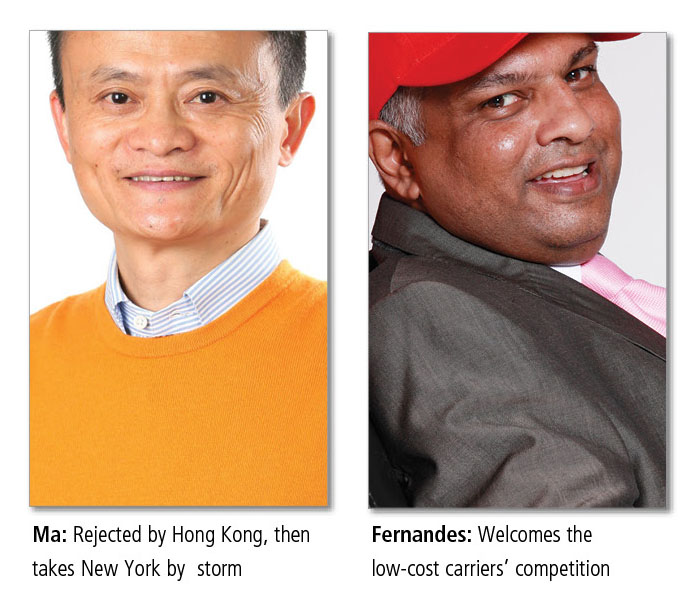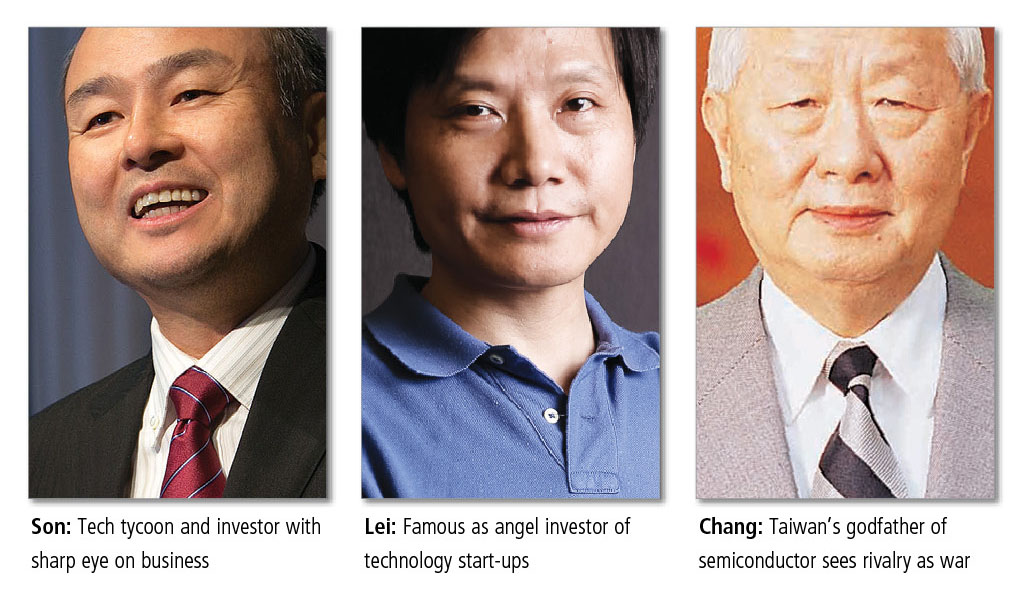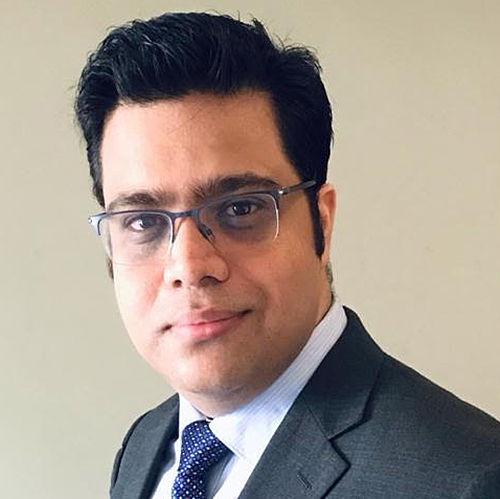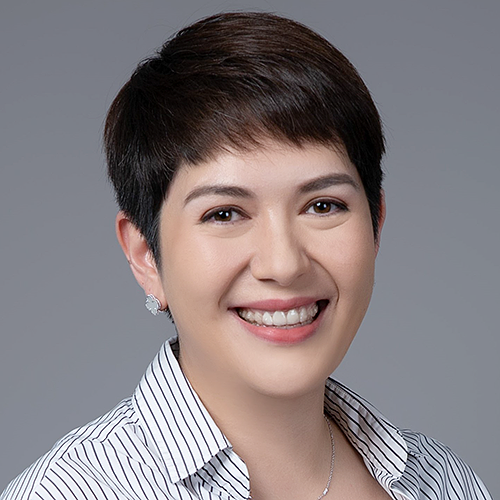As technology continues to change the world in a big way, successful companies engaged in this sector become business models for start-up entrepreneurs and make their founders the new billionaires.
Of the top five pioneers and mavericks selected by The Asset’s online survey, four are from the technology space. The elite five leveraged their creativity, strong will to win and business acumen to define an industry.
 |
|
Jack Ma (马云), 50, a former English teacher, nabbed The Asset’s Asia’s Most Influential award two years ago for founding Alibaba, China’s largest e-commerce company with 80% market share. His firm is dubbed Amazon meets eBay meets PayPal. Today, his empire is growing even bigger with the completion of the world’s largest initial public offering (IPO) in the New York stage in September. After the IPO, Ma has become China’s richest man with a net worth of US$25 billion, Fortune data shows.
Kick-starting and pushing e-commerce development in China, Ma undoubtedly makes remarkable contributions to an industry that provides jobs to millions of online sellers and boosts the rapid growth of logistics in the country.
His footprint has expanded into the financial arena. A year after its launch, Alibaba’s Yu’ebao, a monetary fund product, has jumped to the fourth largest money-market account with about US$90 billion in assets. After Alibaba’s jumbo IPO in New York, many disappointed investors question the Hong Kong Stock Exchange which rejected the company’s offering because of its partnership structure. “Some people say that Hong Kong has lost lots of opportunities with the rejection of the Alibaba listing. But what I think is that Alibaba has missed out on Hong Kong and I regret that,” Ma looked back.
Tony Fernandes, 50, chief executive officer (CEO) of AirAsia, perhaps the region’s most well known low-cost carrier, also won this award the previous year. The industry took notice of his business talent when he turned the company around from loss to profit in a short period of two years after he became its CEO in 2001.
Today, the budget airline industry in Southeast Asia is getting much more competitive but Fernandes remains confident and describes this intense period as a “good time”. “With Malaysia Airlines rationalizing and a better Thai and Indonesian political situation, this is a good a time for me. Government-owned airlines are now being made to be profitable and rationalize,” he said in an earlier interview with media.
 |
|
Masayoshi Son (孙正义), 57, founder and CEO of SoftBank Corporation and chairman of Yahoo Japan, is not only a technology tycoon, but also an investor known for his sharp eye. Softbank is an empire with a broad range of businesses covering telecommunications and the internet engaged in broadband, fixed-line telecommunications, e-commerce, technology services, finance, media and marketing as well as other businesses in Japan. On top of these, it is the largest shareholder of Alibaba with 32% holdings. As a result, Son surpassed Fast Retailing Co. chairman Tadashi Yanai as Japan’s richest individual in the week of September 17 after Alibaba’s record IPO.
Lei Jun (雷军), 45, co-founder, chairman and CEO of Xiaomi, is a game changer in China’s mobile device industry known for its cheap pricing and high product quality. He is also chairman of three listed companies – Kingsoft Corporation, YY Incorporation and Cheetah Mobile Incorporation, while two senior executives from Xiaomi and one from Kingsoft are board members of Xunlei. Lei is famous for being an angel investor of technology start-ups in China, fostering the next rock stars for his empire.
Morris Chang (张忠谋), 83, founding chairman of Taiwan Semiconductor Manufacturing Company (TSMC), is respected as the “godfather of semiconductor in Taiwan” and the most influential entrepreneur on the island. Set up in 1987, TSMC pioneered the “dedicated silicon foundry” industry and is the biggest silicon foundry with about 50% global market share. As technology giants Samsung and Intel invaded the silicon foundry arena, Chang sees the competition now as a “war”. To defend its leading position, TSMC is stepping up researching on a new generation of silicon and expects to launch it in 2016.





.jpg)
.jpg)


